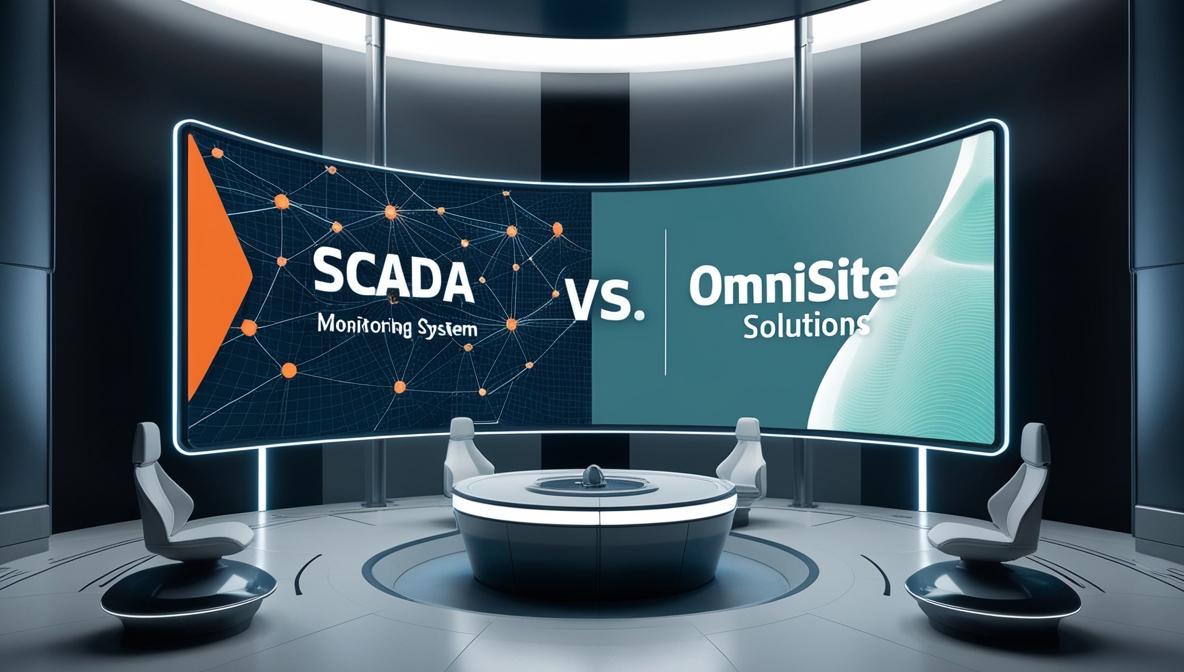Choosing the Right Business Entity
The first step in launching your business is often deciding on the structure. This decision impacts everything from day-to-day operations to taxes and even how much your assets are at risk should things go differently than planned. By knowing the distinctions between these organizational forms, entrepreneurs can more accurately determine if a corporation, LLC, sole proprietorship, or partnership best suits their business goals and level of personal liability.
Sole proprietorships, being the most straightforward form, may seem appealing due to less paperwork and direct control. Still, they need to offer the liability protections that a more complex entity like an LLC can. Conversely, corporations provide the most protection but require adhering to more rigorous reporting and operational processes.
Discussing these options with a knowledgeable business formation attorney Long Island, NY, can offer invaluable insight. By outlining each structure’s benefits and potential drawbacks at this point, legal counsel may assist you in making decisions that will ultimately benefit your company.
Essentials of Business Compliance
Understanding and adhering to myriad legal requirements is fundamental for any successful business. Compliance includes activities such as following labor and environmental laws, registering with the relevant government agencies, and acquiring the required permits.
Each industry has its standards and rules, implying no one-size-fits-all approach to legal compliance exists. For example, a restaurant owner must be diligent about health and safety codes, while a construction business owner needs to navigate building permits and contracts law.
Protecting Intellectual Property
Intellectual property can be a game-changer in a dynamic business landscape driven by innovation and creativity. Ensuring that your business’ intangible assets—from trade secrets and inventions to logos and brand names—are well protected can provide a competitive edge and create additional revenue streams through licensing or patents.
Protecting IP starts with identifying what needs to be protected, understanding the different types of IP protection available, and correctly securing that protection through legal means.
Negotiating Contracts and Agreements
Many business dealings require legal agreements and contracts. These legally binding documents should clearly outline each party’s obligations, expectations, and remedies in case of a misstep.
The complexity of crafting contracts that are not only comprehensive but also enforceable must be addressed. They must be precise and clear and indicate a mutually beneficial agreement while safeguarding against potential legal issues.
Incorrectly drafted contracts can expose a business to unnecessary risk; therefore, this is not an area to cut corners. Consulting a legal expert to review or draw up contracts is vital in securing your business interests. Whether they’re supplier agreements, service contracts, or employment contracts, having a professional on hand to navigate the nuances of each will put you in a position of strength should disputes arise.
Financial Considerations for Startups
The financial footprint of your business venture is not only reflective of its current health but also dictates its capacity for sustainability and growth. Managing the financial aspects involves careful planning around funding, budget allocation, understanding the implications of various taxation structures, and maintaining cash flow.
Startups must be incredibly strategic about their expenditures, considering financial hurdles are among the most common causes of early business failure. Financial literacy and planning are skills that must either be developed or co-sourced. Integrating your financial strategy with your legal considerations lays a strong foundation, and working with a financial advisor alongside a legal consultant ensures your business is engineered for success from all angles.




